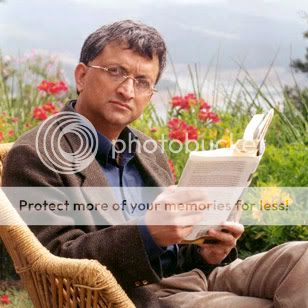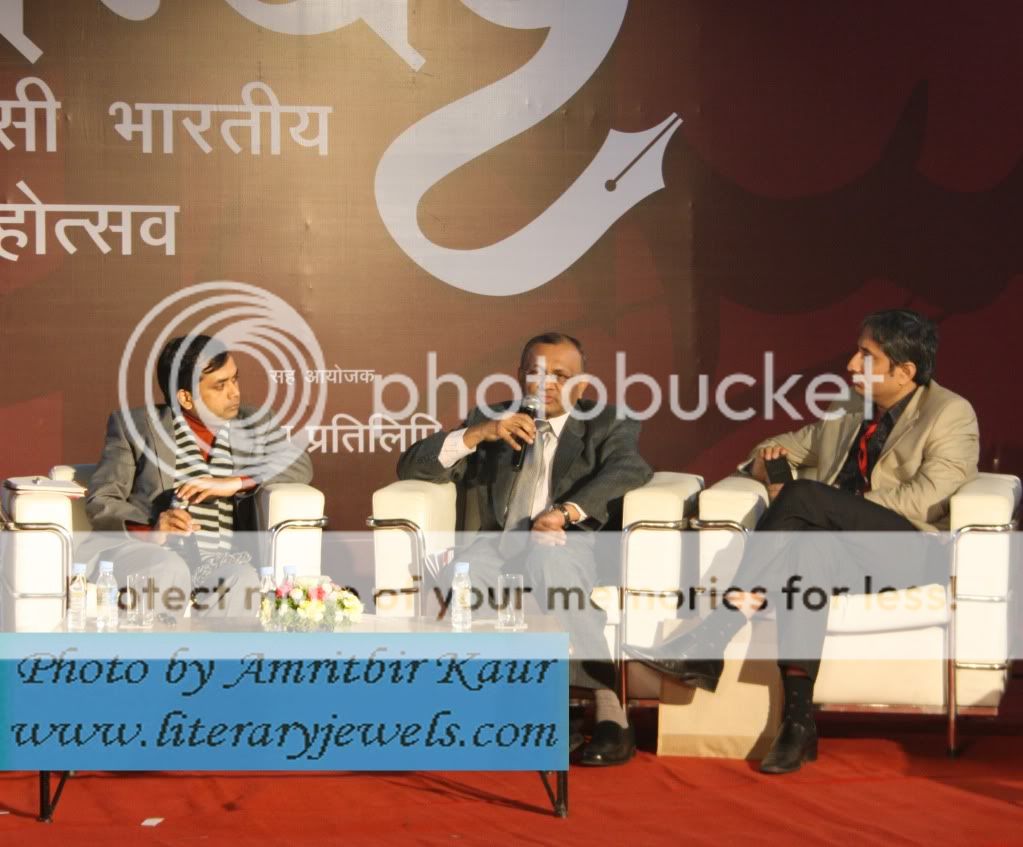“Forms and figures of speech originally the offspring of passion, but now the adopted children of power”.
COLERIDGE
INTRODUCTION‘Paradise Lost’ was for Milton the fulfillment of a long cherished ambition. He had resolved that his ‘adventurous song’ intended to ‘soar with no middle flight’. Accordingly, after much deliberations he chose the epic form and a theme equally sublime. Milton himself tells us in Book IX that he could rise to the demands of his ‘sad task’ only.
‘If answerable style I can obtain
Of my careful celestial patroness.’
This ‘answerable style’ demanded a verse which admitted of dignity and flexibility and an ability to rise to the sublime heights. And no responsive readers of ‘Paradise Lost’ can fail to notice that Milton indeed did obtain such a style.
MILTON – THE INNOVATORAccording to Hamford, “Milton of all English writers is the greatest innovator in the matter of expression. It is not merely that forged out of various materials. It is marked by bold departures from English literary usage of his own or of any time. And yet it is this uniqueness of Milton’s style, its remoteness from ordinary English that has aroused a fierce controversy. If it is has found its admirers like M.Patilson, Bagehot, Saintsbury, Raleigh and in our own time C.S. Lewis, B.Rajan, Frank Kermod and L.Smith; the anti-Miltonians too are a formidable array – Ezra Pound, Middleton Murry, Herbert Reid, B. Debree and T.S. Eliot. Obviously, the best course would be to depend upon one’s own response.
INVOCATIONThe very opening of the poem, the invocation reveals the grandeur of Milton’s style. It begins with a ‘syntactical leap’ by which we are kept suspended for thirty-six words without a verb. And even when we arrive at the word ‘sing’, we are once more deflected into a maze of subordinate clauses and phrases. Even at the full stop after ‘rhyme’ (line sixteenth) there is hardly any respite and the whole invocation really forms a single continuous statement. In fact, it can be looked upon as a ‘capsule summary’ not only of the theme and action of the whole poem but also of the most salient features of Milton’s grand style. This style is human for its unusual syntax, its exalted language and diction, rich allusions, remarkable epic-similes, formidable erudition and skilful handling of blank-verse.
LANGUAGEMilton’s style has been called ‘grand style’ because it has always an unmistakable stamp of majesty in it. Milton’s language is not the language of ordinary life. His diction is grand and majestic and his language has a force and spontaneity of its own. He uses a lot of Latin words. He borrows words from Latin and employs them in his language in a befitting manner. He creates a language and diction which quite appropriate to his theme. The Miltonic diction follows the ancient models. Similes and metaphors abound; with the result that the impression that is left on our minds after reading his poetry is that of grandeur, majesty and dignity.
We can describe Milton’s grand style in the words of Matthew Arnold, who says, “In the sure and flawless perfection of his rhythm and diction, he is as admirable as Virgil or Dante, and in this respect he is unique amongst us. None else in English literature possesses the like distinction.” It is sometimes said that the language of ‘Paradise Lost’ is ‘no language’. But in the art of literature one often comes across several instances where the literary language is no spoken language. The Euphism of Lyly is one of the best examples. So is the prose of Milton. So too is the poetical vehicle of Milton. It is an artificial language but it is not the artifice of bombast.
VOCABULARYThe diction of Milton’s epic is a thing composed of many elements – all tending to result in a rich and varied medium. Milton’s vocabulary contains a large proportion of Latinized words such as ‘untamed reluctance’, ‘horrid here’, ‘prodigious’, ‘officious’ etc. Often Milton uses words in their Latin sense or sometimes in senses which have become obsolete. The best example is ‘influence’, which Milton uses in its old astrological sense of suitable fluid from the stars and planets, which was supposed to exorcise plants. Instances of this use are innumerable.
MILTON’S PECULARITIESMilton prefers the Italian forms of words to forms of a French character such as ‘sovereignty’. Among other qualities of Milton’s style are his peculiar use of the Latin idiomatic participle construction (for example, the loss thus far recovered), the use of Nominative Absolute (for example, ‘I extinct’ meaning ‘I being extinct’); the use of past participle, the use of transitive verbs intransitively and vice-versa. Among other peculiarities of Milton’s diction is the use of adjectives as nouns, as ‘our stronger’ in the sense of ‘he who is stronger than us; a love for conciseness that compels Milton to compress the maximum meaning into few words in a characteristic passion with Milton. Milton is also famous for ‘Inversions’. For instance, take the sentence: “Where to with speedy words the archfiend replied”. Without inversion this sentence would read as: “The archfiend replied to this with speedy words”.
SIMILES AND METAPHORSAmong figures of similitude, of course, the simile and the metaphor abound, example of which stare up from every page.
In search of really remarkable comparisons he borrows from myth, legend, History, Science and travel and of course from contemporary events. And though sometimes, his similes seem to be carried away by prolific imagination, they have a definite purpose. In most cases they offer a changed perspective and are suggestive of Milton’s own attitude. For instance, Satan is at first depicted as of gigantic proportions. He is likened to the huge sea-beast Leviathan who may be mistaken for an island by the Pilot of “some small night-founded skiff”. But while this suggests Satan’s unusual dimensions Milton also implies the danger of taking shelter in Satan’s treacherous protection. Similarly Satan’s ‘ponderous’ shield is like the moon that Galileo scans through his ‘Optic glass’, his spear is like the mast of the ship, ‘shaped out of tallest pine’ growing on Norwegian heights’ what we are made to feel is Satan’s eye view. Yet a little later Satan and his crew are compared to ‘at Pygmian Race’ and to ‘autumnal leaves that strew the books in Vallambrose’.
Like dead leaves; these fallen angels are forever cut off from their source of life.
USE OF PATHETIC FALLACYWe must also refer to Milton’s use of the Pathetic Fallacy. It is an old device in poetry by which a poet attributes the feelings of living beings to inanimate things. In Paradise Lost, Book IX (782-784), for example, universal nature is represented as feeling a death-wound in the impending fall of Man at the moment when Eve eats the forbidden fruit:
“Earth felt the wound, and Nature from her seat
Sighing through all her works, gave signs of woe.
That all was lost.”
These are the various ways in which Milton uses the English language in poetry. He works magic with the language, distorts it in the way he likes, uses foreign idiom in an excellent manner and handles the language like a linguistic wizard.
VERBAL MELODY
There is an important characteristic yet to be mentioned – the solemn grandeur of his verbal melody. This melody is in consonance with general atmosphere of the poem – a mood of awe and majesty and sublimity. Milton’s style has been called the grand style as there is grandeur in his music and in his description. Milton chooses his words for the sake of their sound effect.
“farewell happy fields,
Where Joy forever dwells. Hail Horrors hail,
Infernal world and thou profoundest hell,
Receive thy new possessor, one who brings,
A mind not to be changed by place or time,
The mind is its place and itself,
Can make a heaven of hell, a hell of heaven.”
STYLE UNIFORM OR NOTInfact, most of the critics who decry Milton’s style seem to suppose that Milton wrote a uniform style throughout. But as Pope has pointed out ‘Paradise Lost’ has not one but various styles, an ‘Infernal style’, a ‘celestial style’ and ‘style of Paradise’ before and after the fall. In any case the more acceptable view is that of C.S. Lewis, B. Rajan, Douglas Bush and E.M.W. Tillyard – that the sublimity of Milton’s style was necessitated by genre – that is by the epic form in which the style had to be dignified, ritualistic and formal. It was Milton’s great achievement that he attained this sublimity without sacrificing the intensity of an impassioned personal commitment.
CONCLUSIONIn reading ‘Paradise Lost’ one has a feeling of vastness. One floats under illimitable sky brimmed with sunshine or hung with constellation. The abyss of space appears to be somewhere about as one hears the cadenced surge of an unseen ocean. In loftiness of thought, splendid dignity of expression and rhythmic felicities, Milton has few peers, no superior. In ‘Paradise Lost’ Milton has invented a type of poem, the divine epic superior to anything in antiquity.








